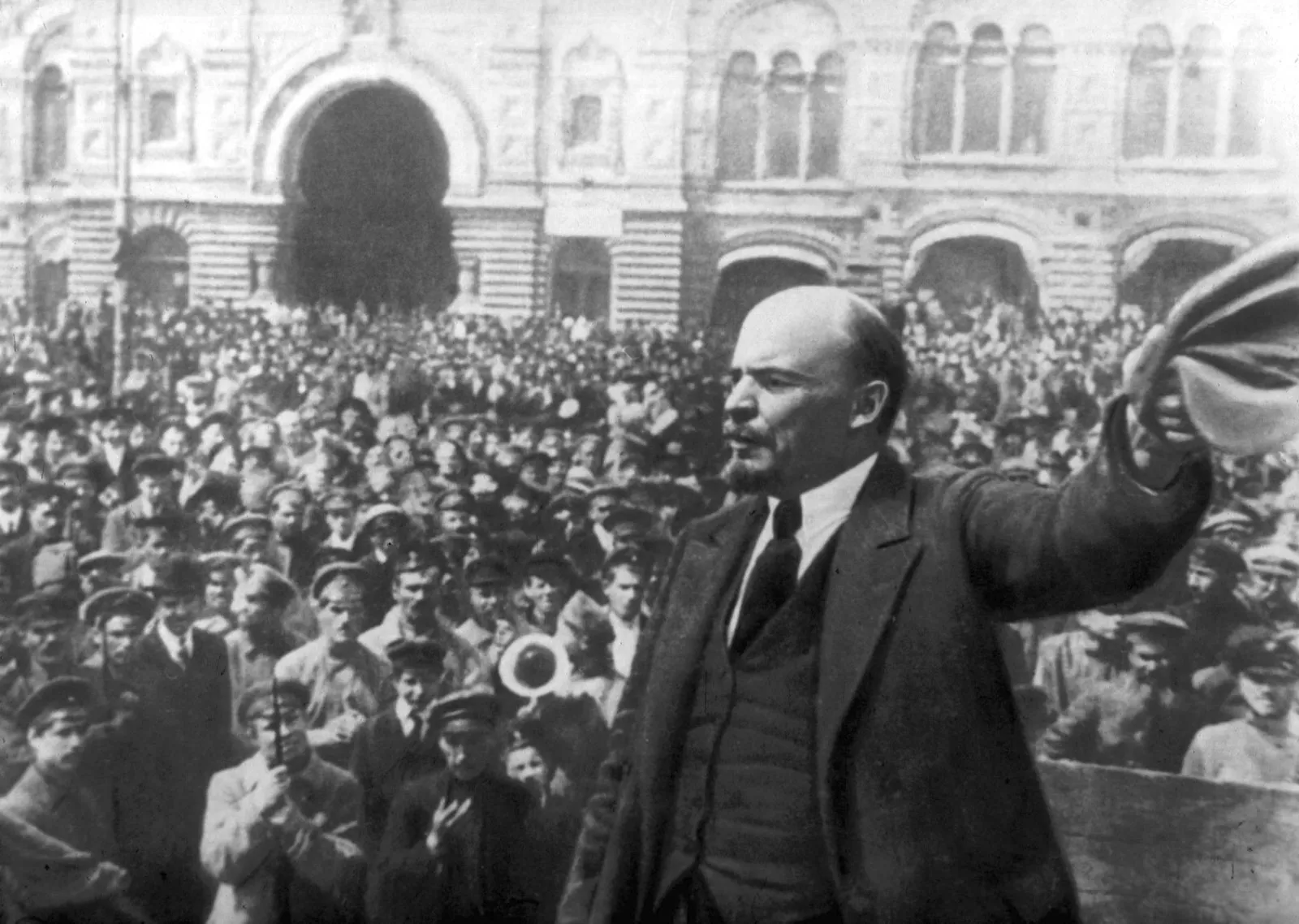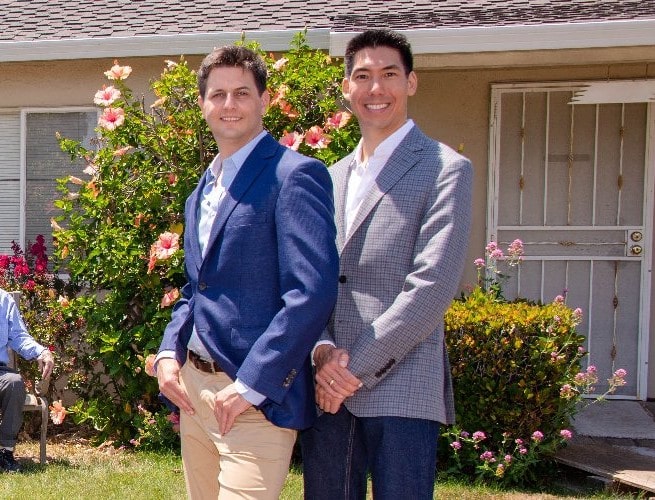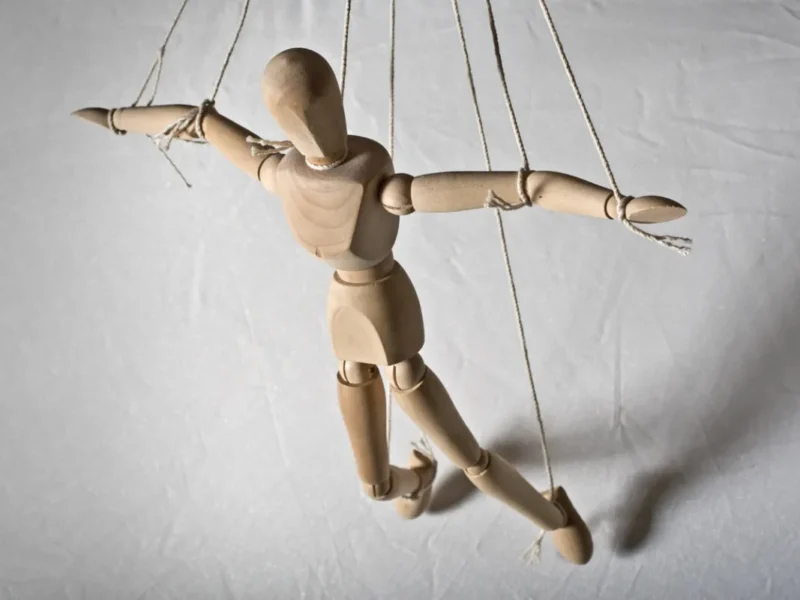The term “shadow government” evokes images of secret meetings, hidden agendas, and influential individuals controlling nations from behind the scenes. While these ideas are often featured in conspiracy theories, shadow governments are not purely fictional. Across history and in modern times, covert power structures have influenced or even dictated political decisions, raising questions about the transparency and accountability of democratic systems.
What Is a Shadow Government?
A shadow government refers to an unseen or unofficial group that holds significant power, often bypassing the formal governance structures. These groups can operate within a nation’s political system, influencing decisions without public oversight, or exist entirely outside the system, working to undermine or control official leaders.
Historically, shadow governments have been associated with various entities, including secret societies, military elites, intelligence agencies, and influential business networks. Whether confirmed or speculated, their existence reflects a fundamental distrust of visible power structures and a belief in hidden forces shaping world events.
Historical Examples
The Deep State in Turkey
The term “deep state” originated in Turkey, describing a clandestine network of military officers, politicians, and intelligence operatives who allegedly acted as a state within a state. This group was believed to influence policy, suppress dissent, and maintain a specific ideological order, often in opposition to elected officials.
The Illuminati and Freemasons
Secret societies like the Illuminati and Freemasons have long been rumored to act as shadow governments. While much of the speculation is unsubstantiated, their historical influence on political and social movements cannot be entirely dismissed.
The Cold War Era
During the Cold War, intelligence agencies like the CIA and KGB operated covertly to influence foreign governments. From orchestrating coups to funding opposition groups, their actions often bypassed public knowledge and approval, functioning as de facto shadow governments in the global arena.
Modern-Day Allegations
In today’s political landscape, discussions about shadow governments have resurfaced in debates about the “deep state,” corporate influence, and global organizations like the World Economic Forum (WEF). Critics argue that unelected entities wield disproportionate power over policies, from economic decisions to public health responses.
For instance:
The “Deep State” in the U.S.: The term gained traction during the Trump administration, with allegations that bureaucrats and intelligence agencies were undermining the president’s agenda.
Corporate Influence: Multinational corporations and billionaires are often accused of shaping policies through lobbying, funding, and control of media narratives.
Globalization and Governance: Organizations like the United Nations or WEF are sometimes depicted as shadow governments due to their influence over national policies on climate change, trade, and healthcare.
Fact or Fiction?
While elements of shadow governments exist—such as backroom deals, lobbying, and intelligence operations—the most extreme versions are often fueled by conspiracy theories. These theories typically exaggerate the coordination and scope of such groups, ignoring the complexities and competing interests within real political systems.
The Fall of Shadow Governments
History shows that shadow governments are not invincible. Public exposure, whistleblower revelations, and democratic reforms have dismantled secretive power structures. For example, investigations into intelligence agencies’ abuses during the 1970s in the U.S. led to significant oversight reforms.
Conclusion
The rise and fall of shadow governments blur the line between fact and fiction, reflecting humanity’s fascination with hidden power. While some elements of shadow governance are real, they are often less cohesive and omnipotent than imagined. The antidote lies in transparency, accountability, and an informed citizenry capable of challenging undue influence, ensuring that the real power remains in the hands of the people.



